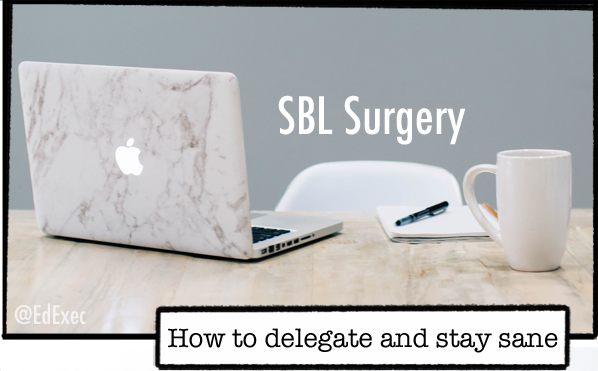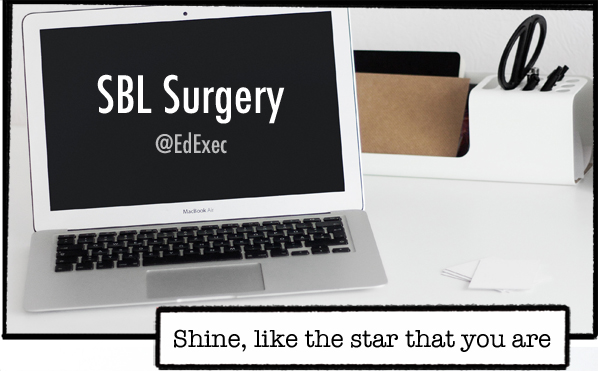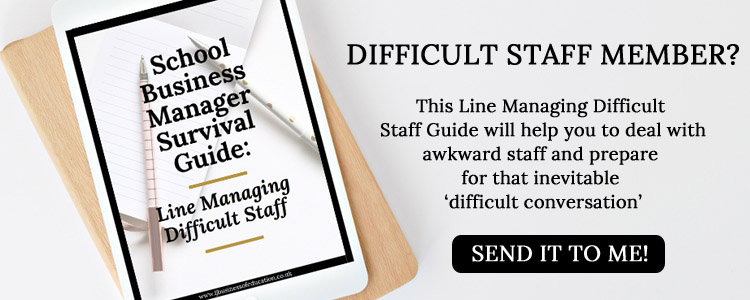When it comes to recruiting a School Business Manager, it’s important to remember that there are many different types and flavours.
Though they may all have the same or a similar job title, they will have varied experience, qualifications and specialist areas of expertise.
To ensure that you appoint the right SBM for your school, I’ve put together some tips to help you navigate the process.
Get the fit right
When it comes to recruiting a School Business Manager, the wider context of your school is hugely important. Consider the role in the context of your Senior Leadership Team and what your SBM will be expected to contribute to the school at that level.
They will of course have a different remit to the rest of your SLT but helping you to develop strategic plans, managing resources, providing reports and contributing to the efficient and effective running of the school are just some of the ways that your SBM can add value and have an impact on your school.
If this isn’t how you envision your SBM operating, then maybe it isn’t an SBM you’re looking for. If you’re working within a MAT, think about how the MAT operational systems and infrastructure influences the role of the school SBM and what this means in terms of your approach to recruiting.
Also consider the people management element of the role and the people/ teams your SBM will be line managing. What ‘soft’ skills will your SBM need in order to ensure that these teams operate effectively?
Get the job description right
Think carefully about the role your SBM will be undertaking. Is there a bias towards one particular element? Perhaps you have an old building that requires a lot of looking after or you have big plans for expansion.
Maybe the finance needs tighter management and monitoring or your staffing processes need updating and coordinating. Consider what third party contracts and SLAs you have in place relating to the role of the SBM.
What level of expertise will your SBM need? Are you expecting to bring more of your business services in house or will your SBM be working alongside other specialist providers making sure that things get done and run smoothly?
When you have a clear idea how much autonomy, skill and experience you want your SBM to have in each area, you can shape the job description and person specification in a way that is totally bespoke to your school.
There is a huge difference between leading, undertaking, administrating and overseeing so be clear at exactly what level you want your SBM to work.
Get the recruitment right
Recruiting to the post of SBM requires specific expertise. Your recruitment panel should include an experienced school business professional. If you’re in a MAT, you might ask your CFO or COO to assist. If not, someone from the LA, another school or your local SBM group will be able to support you.
Role-specific knowledge is essential in terms of recruitment; especially when it comes to assessing the practical exercises your candidates will be undertaking.
Make sure that the recruitment tasks are focused on school priorities and the areas you need your SBM to excel and give candidates the opportunity to evidence their knowledge and skills in analysing, interpreting and presenting their conclusions.
Remember, if your candidate pool includes people from a non-educational background, be as inclusive as you can with tasks by providing enough contextual information to ensure that they are not disadvantaged.
Like what you’ve read? Subscribe to this blog by clicking here.
P.S. Have you joined The Business of School Leadership Facebook Group yet? For practical support, advice, tips, tools & guidance about all things school leadership, join us in the community by clicking here.
Written for: Primary School Management Magazine (@primaryleaders)











